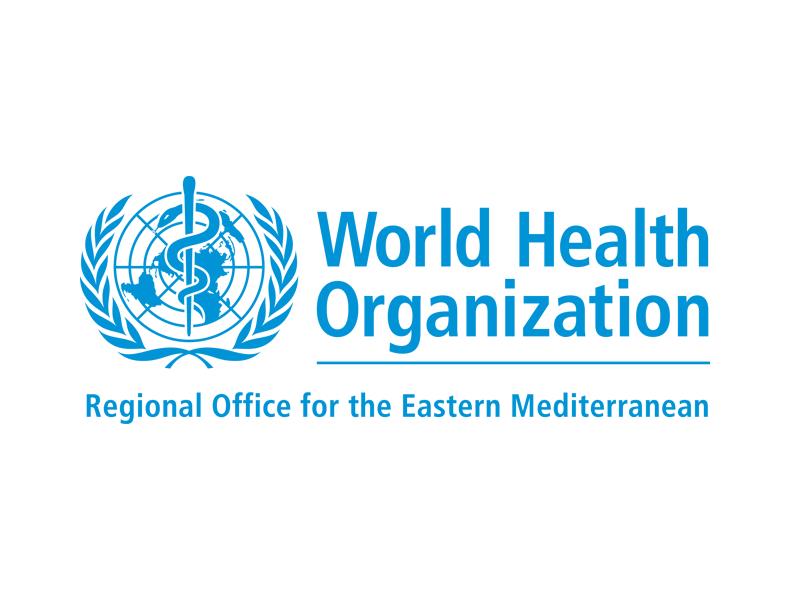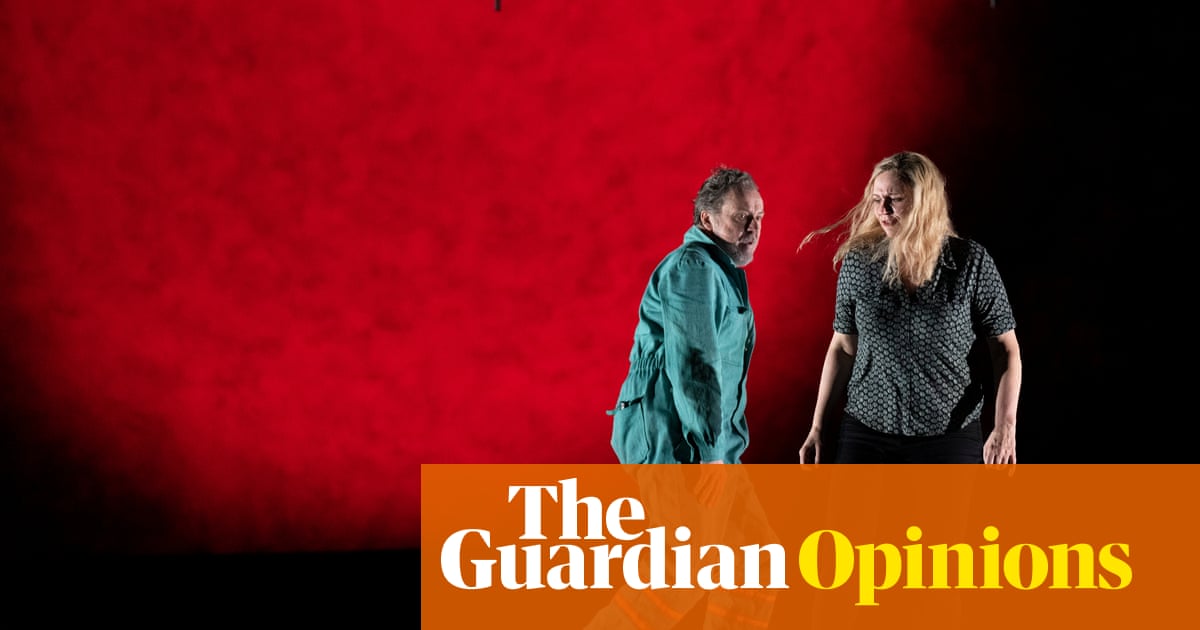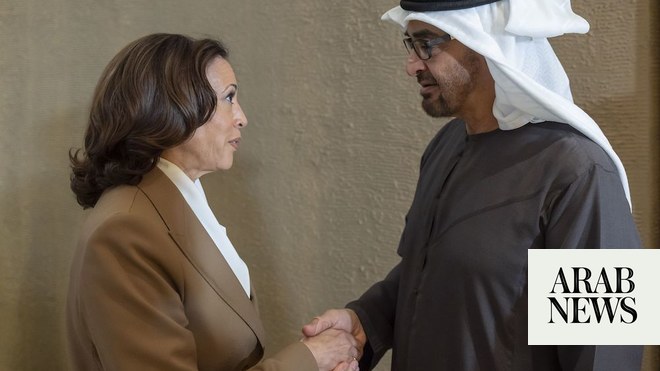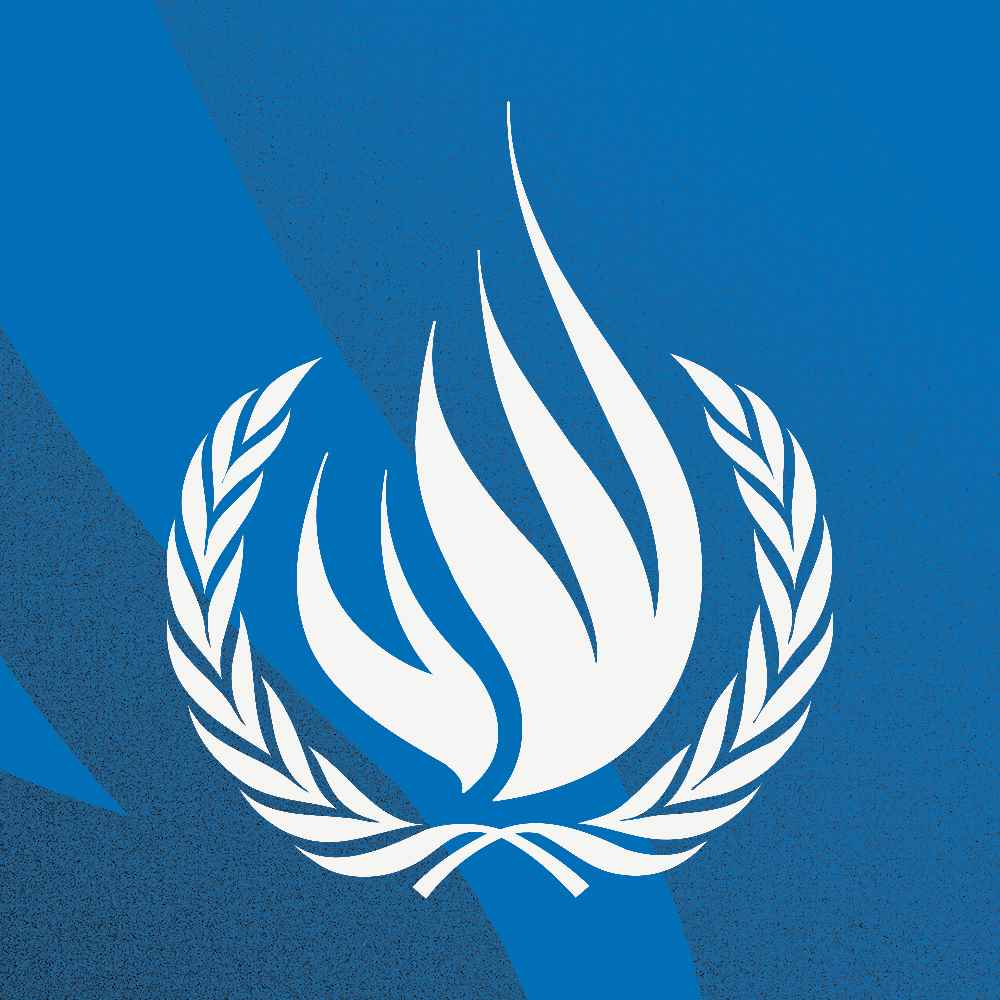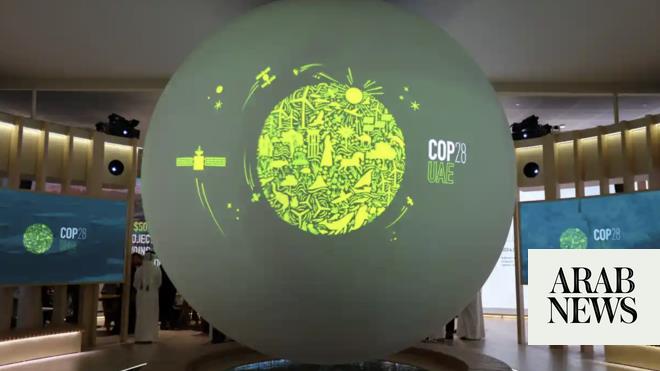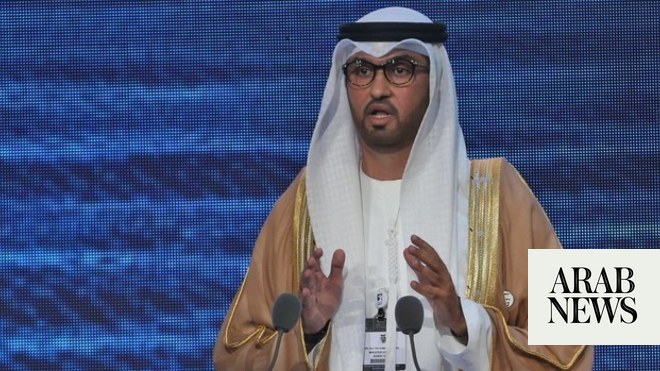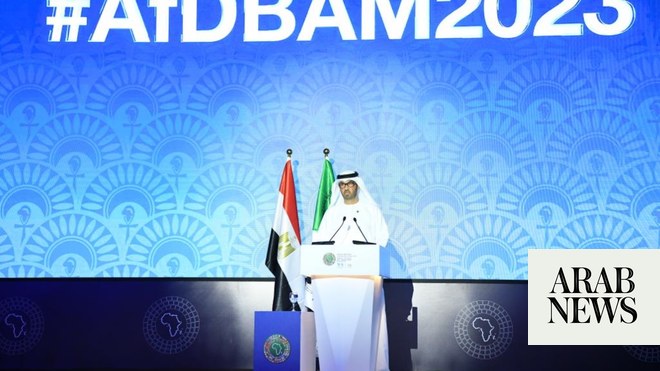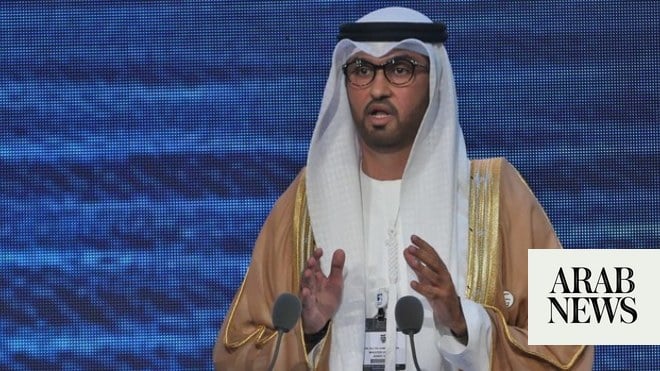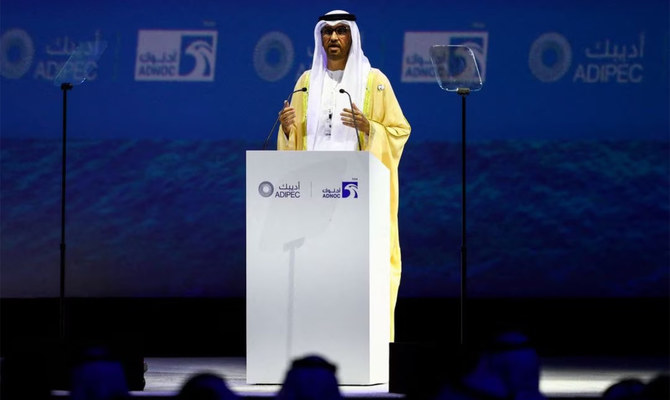
Six months before COP28 gets underway in Dubai, its president, Sultan Al-Jaber, this week said that the summit will dedicate a day to discussions on the correlation between health and climate change, making it the first time that these two closely interlinked issues will be discussed at the annual UN conference. Al-Jaber also wants the November discussions to include a broadening of the definition of climate adaptation to include global climate resilience, the transformation of food systems and the enhancement of forestry land use and water management.
While it is certainly a welcome move to include health in the climate negotiations, what is surprising is that it has taken 28 years of climate change summits before the world finally decided to discuss its impact on human health, something which has been visible and evident for years, if not decades.
The frequently occurring extremes in weather conditions around the world have led to a sharp spike in casualties, not only through incidents like flash floods or heatwaves, but more worryingly through impacts like the worsening of chronic illnesses or causing conditions that increase the incidences of skin cancer and dehydration.
Climate change is also adding to the burdens on overstretched healthcare systems around the world, particularly in tropical and poorer countries, where regular healthcare is absent due to a lack of hospitals, doctors and nurses. Rising temperatures have also created the right conditions for mosquito breeding, even in countries located beyond the tropics, including the temperate nations of Europe.
But it is the people suffering from chronic illnesses who are most vulnerable to climate change and its various dimensions. According to the US Environmental Protection Agency, some chronic medical conditions can increase an individual’s risk of illness and death when exposed to heat, extreme weather events, water-related illnesses or poor air quality, which have become noticeably more frequent and intense over the past few years.
The Environmental Protection Agency says that, as people with chronic medical conditions often need consistent medication or care, extreme weather events can disrupt their availability due to factors like the breakdown of transportation or power systems or even emergency evacuations.
Some of the medications provided to chronically ill patients also impact the body’s response to heat, putting people more at risk as the climate warms. Those who are chronically ill also see their immune systems become vulnerable, leading to extreme reactions to heat as well as illnesses caused by insects or water-borne diseases. There have been reports of people with cardiovascular diseases becoming seriously ill or even dying due to these factors, according to medical experts.
What is surprising about the timing of the debate on health and climate change is that most of the data cited above and much more information about the harmful impact of climate change on human health has been around for decades. Yet, all this time, the only discussions — which have themselves been rather too brief — have centered on the impact of climate change on the environment and how to mitigate that.
The frequently occurring extremes in weather conditions around the world have led to a sharp spike in casualties.
Ranvir S. Nayar
However, that is an issue that has largely remained unaddressed and it is only now that experts, especially from the rich nations, have begun addressing the challenge of helping the countries most vulnerable to climate change to adapt and put in place systems that can help mitigate or minimize its ravages.
But most of these discussions and studies have centered on the material damage caused by climate change or its impact on global wealth. Thus, come November, thanks to Al-Jaber and his team, the world will actually begin talking about the direct impact of climate change on human health, which is certainly much more valuable than material wealth.
For many of the countries facing the highest risks due to climate change, the main challenge is the absence of a proper healthcare system that is accessible to all. Most developing and low-income nations have few hospitals and these already struggle to take care of the normal load, leaving millions without access to even the most basic healthcare. To handle the additional load imposed by climate change, it will be vital to set up new hospitals and deploy properly trained healthcare professionals, as well as to set up systems that make these facilities accessible to all, especially the poorer families that are often left outside the social security net.
Besides boosting healthcare facilities, it may also be necessary to study in greater detail the impact of climate change on humans and animals, especially the most vulnerable categories like children, older people and pregnant women. It is also important, perhaps vital, for governments, healthcare professionals and civil society organizations to launch widespread awareness campaigns to warn of the risks posed by extreme heat or other climate incidents and how to deal with them. This is because many injuries and deaths occur due to a lack of awareness and often simple preventive measures that can help save lives.
But for a majority of countries to be able to do this would mean having a pile of cash available for healthcare needs, which they already seriously lack. Thus, the discussions in November or even before that need to once again zero in on the promises made by the rich countries years ago, when they committed to paying more than $100 billion each year to help poorer nations deal with climate change.
Having made these promises, the West — which is also responsible for most of the world’s greenhouse gas emissions, right from the beginning of the Industrial Revolution — has been trying to get out of its commitments. Al-Jaber did well to remind them that they would need to settle this thorny issue well before they come to Dubai in November, so that COP28 can focus on the emergent issues and new challenges that are coming to the fore, rather than once again seeing an entire fortnight lost to useless haggling.
Now that the president of the upcoming meeting has clearly set out his views, will the rich nations take heed or will they once again try their familiar tactics of delaying and deflecting? Unfortunately, at least for the hundreds of millions of poor people around the world, the clock is ticking fast and there is no time for any more delays.
• Ranvir S. Nayar is managing editor of Media India Group.





